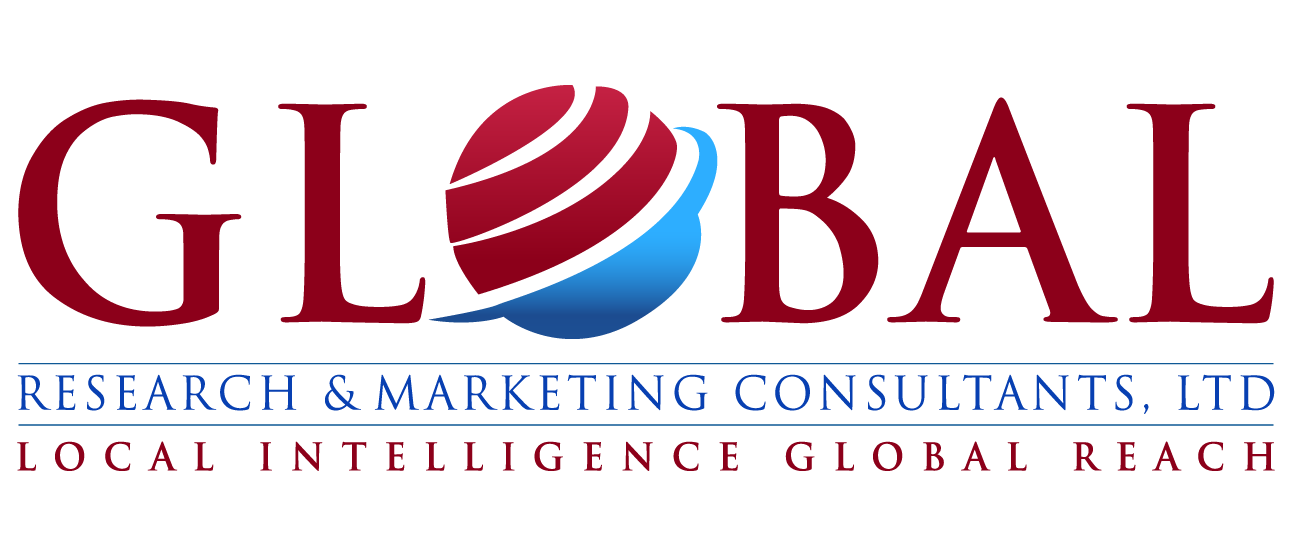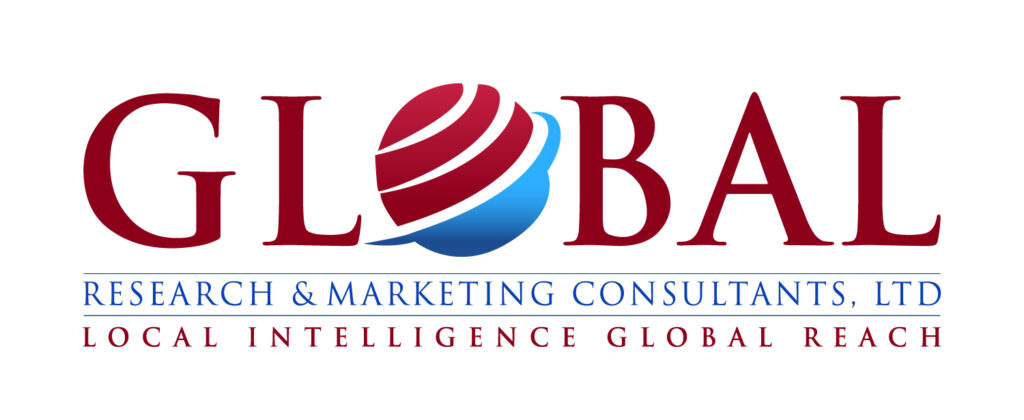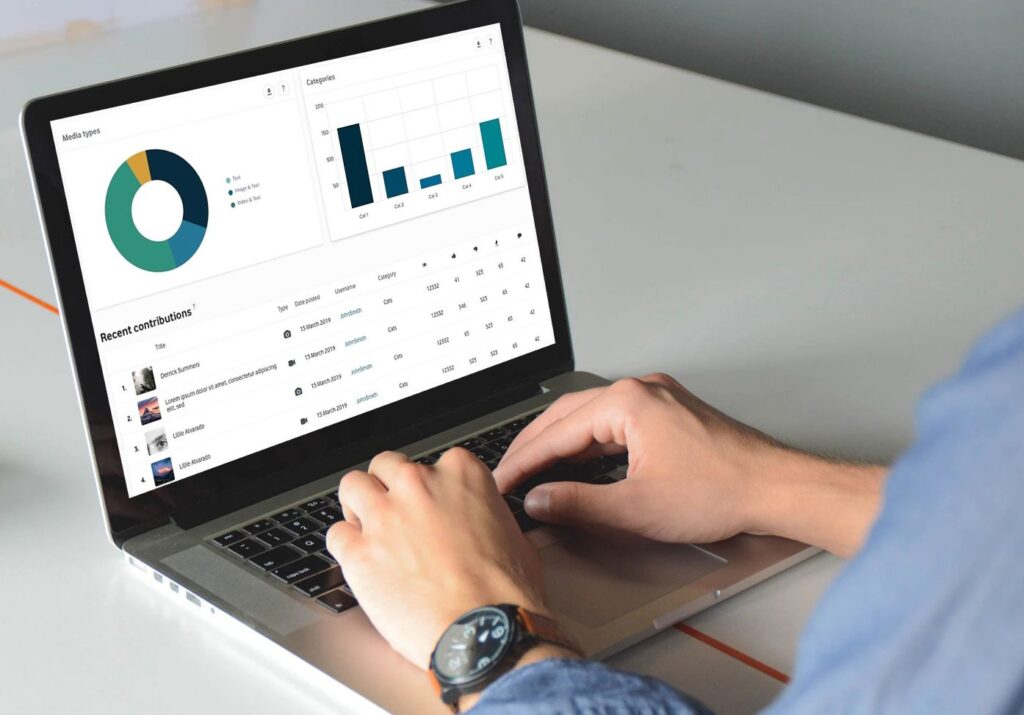Unlocking Insights: The Benefits of Focus Groups in Research and Decision-Making
In the world of research and decision-making, focus groups have emerged as a valuable tool for gathering qualitative data and gaining a deeper understanding of various issues. These structured group discussions, typically led by a skilled facilitator, offer a range of benefits that can be leveraged by businesses, organizations, and researchers alike. In this blog post, we’ll explore the advantages of using focus groups.
1. Rich Qualitative Data:
Focus groups provide a platform for participants to express their opinions, feelings, and experiences freely. This open dialogue generates rich qualitative data that can’t be obtained through surveys or quantitative research alone. By delving into the “why” behind responses, focus groups unearth valuable insights into human behavior, motivations, and attitudes.
2. In-Depth Exploration:
Unlike surveys or questionnaires that often yield structured, predetermined answers, focus groups allow for in-depth exploration of topics. Participants can elaborate on their thoughts, providing context and nuance that might be missed in quantitative research. This depth of understanding is especially helpful when tackling complex or multifaceted issues.
3. Group Dynamics:
Focus groups capitalize on the dynamics of group interactions. Participants can respond to each other’s comments, build on ideas, and even challenge perspectives. This exchange of ideas can lead to the emergence of new insights and the identification of shared beliefs or concerns within the group.
4. Real-time Feedback:
One of the standout benefits of focus groups is the ability to receive real-time feedback. This can be immensely valuable for product development, marketing campaigns, or policy discussions. Organizations can gauge immediate reactions and make adjustments accordingly, saving time and resources.
5. Improved Decision-Making:
The insights gained from focus groups can significantly enhance decision-making processes. Whether it’s refining a marketing strategy, fine-tuning a product design, or shaping public policies, the qualitative data collected in focus groups can help decision-makers make more informed and effective choices.
6. Idea Generation:
Focus groups are not only about collecting data; they can also be a fertile ground for idea generation. Participants often brainstorm solutions, improvements, or innovative ideas during these discussions. These fresh perspectives can lead to creative breakthroughs.
7. Target Audience Understanding:
For businesses and marketers, focus groups offer a direct window into the minds of their target audience. Understanding customer preferences, pain points, and expectations can lead to more successful product launches and marketing campaigns.
8. Flexibility:
Focus groups are adaptable to various research objectives and settings. Whether you’re studying consumer behavior, political opinions, or employee satisfaction, you can tailor the format and questions to suit your needs.
9. Reduced Ambiguity:
By probing deeper into participants’ responses, focus groups can help clarify ambiguous or contradictory findings that may arise in quantitative research. This clarity is invaluable for researchers seeking a comprehensive understanding of a subject.
10. Confidence in Decision-Making:
Ultimately, the insights gained from focus groups can boost decision-makers’ confidence. Having qualitative evidence to support choices adds a layer of assurance that can be instrumental in navigating complex and uncertain situations.
In conclusion, focus groups are a powerful tool for collecting qualitative data, exploring complex topics, and making well-informed decisions. Their ability to delve into the depths of human experiences and opinions makes them an indispensable asset in the arsenal of research and decision-making methods. When conducted effectively, focus groups have the potential to unlock a treasure trove of insights that can drive positive outcomes in a wide range of fields.
About Global Research & Marketing Conslutants:
Global Research and Marketing Consultants, Limited (GRMC, Ltd.) is an eclectic Network of skilled professionals committed to providing exceptional, accurate and cost saving local business intelligence, Research and Marketing Services. GRMC, Ltd. has a proven track record of delivering exceptional services for over 10 years. Our team has worked in the Bahamas, regionally, and internationally for governments and private corporations over a wide sector delivering top quality bespoke solutions.
Our intimate knowledge of the local landscape has saved many companies thousands of dollars in man-hour reductions. We believe our success should be tied to our clients’ success and this is reflected in our pricings. GRMC, Ltd., is your most efficient cost saving Partners in doing business.
(Focus Group) is by definition exploratory, and it is used when we don’t know what to expect, to define the problem or develop an approach to the problem. It’s also used to go deeper into issues of interest and explore nuances related to the problem at hand. Common data collection methods used in qualitative research are focus groups and in-depth interviews.
Our team can create screener guides, moderation guide, recruit, moderate, (or contract a moderator, record video and audio provide transcript and a summary or full report.
- We use non-traditional facilities to conduct focus groups around the Caribbean region.
- Technology now permits us to stream live to our more than two observers, while observers can comment online in real time with the moderator.
- Video and Audio recordings can be downloaded in different file formats or viewed online.
- A full transcript in English can be made available if required by the client.
Global Research & Marketing Consultants also conduct online/Virtual Focus Groups, Triads, Dyads or IDI’s with respondents from multiple locations. These interviews can be streamed in real time and recorded for review later. Virtual Non-traditional online facilities are developed which allow our observers/client to see participants expressions and communicate with moderator through another portal.




